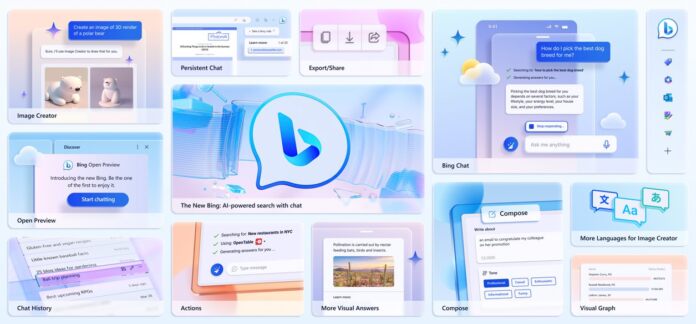According to recent figures released by StatCounter, Microsoft's attempt to shake up the global web search ecosystem has yielded only marginal results. Despite the introduction of Bing Chat AI, powered by OpenAI's GPT-4, the tech giant has witnessed a mere 0.56 percentage point increase in market share over the nearly one-year period since its rollout. As of December, Bing's market penetration stood at 3.37 percent, a minimal uptick from the previous 2.81 percent. This failure may explain why Microsoft ultimately dropped the Bing Chat branding in favor of unifying its AI services under the Copilot name.
Comparative Market Analysis
The data suggests that the novel conversational assistant has drawn some new users to Bing, but their numbers are far less impactful than anticipated. In stark contrast, Google continues to lead overwhelmingly, possessing 91.62 percent of the global search market by December from a slightly higher 93.37 percent at the beginning of the year. Notably, on desktop devices, Bing made a modest gain, climbing from 8.18 percent to 10.53 percent market share, while Google experienced a slight decline from 85.64 percent to 81.71 percent. On mobile, however, Bing remained below a one percent stake for the entire year, with Google claiming over 95 percent of global user engagement.
Challenges and Competitive Strategies
Microsoft's initial restriction of the Bing chatbot to the Edge browser may have contributed to its limited user base expansion. It wasn't until later in the year, around summer, that the technology was opened to other browsers like Chrome and Safari. Meanwhile, Google rapidly mobilized its resources to launch Bard, a direct competitor to Bing Chat, in response to the pressure.
Despite the inflated AI capabilities of these platforms, Microsoft's foray into the enhanced search experience has so far failed to significantly disturb Google's stronghold. Even with Microsoft's heavy investments, including a prominent $10 billion in OpenAI, and Google's recent searches quality purportedly declining amid rising SEO farms, the market share statistics remain largely unmoved.
Critiques of Google largely focus on the perceived decrease in search quality, a vulnerability potentially advantageous to competitors. In this landscape, startups like Perplexity AI seek to carve out their space. Armed with significant backing, including contributions from Nvidia and Jeff Bezos, Perplexity AI offers an “answer engine” that aims to deliver precise responses to user queries through sophisticated language models.
Microsoft officials, speaking to the incremental user increase, emphasize user engagement rather than focusing solely on market share figures. The path forward for search engines appears to hinge on continuous innovation and differentiation, a challenge that both old and new players in the market are poised to tackle.






